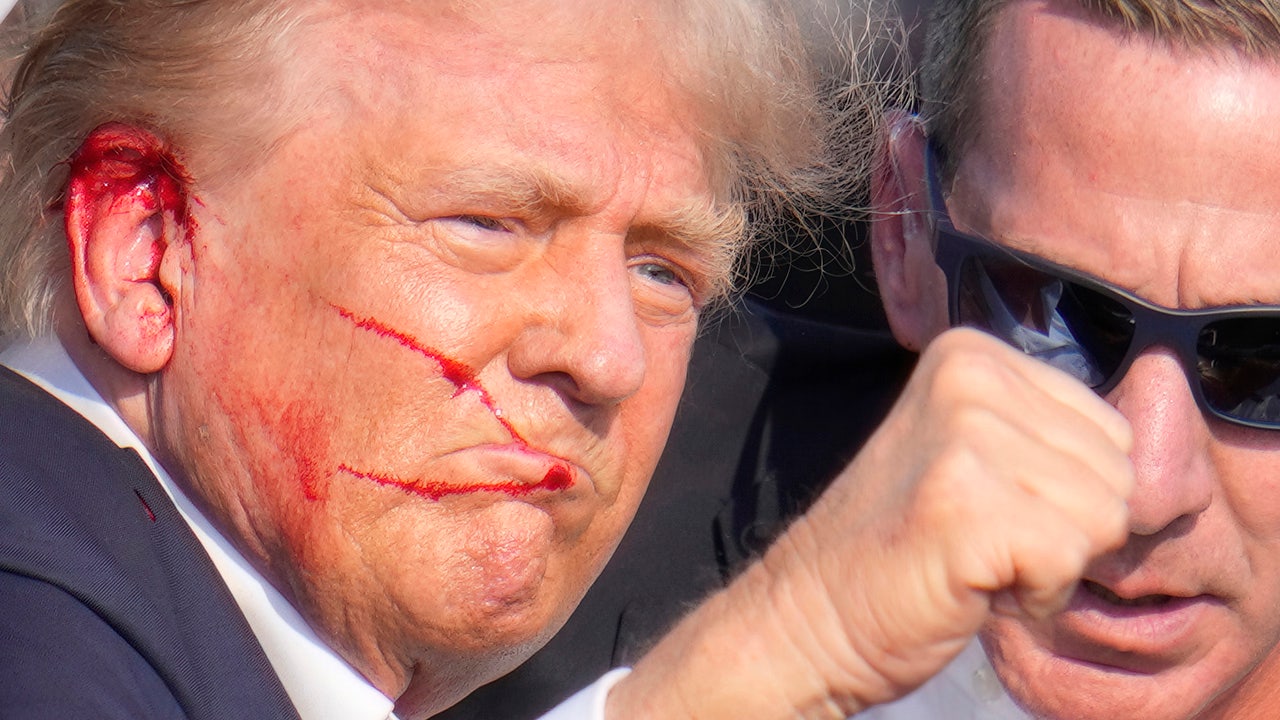When Representative Tom Cole became chairman of the Appropriations Committee in April, it marked the first time an Oklahoman had ascended to one of Congress’s most powerful perches.
For 15 years on the panel, Mr. Cole, a Republican, quietly climbed its ranks with the gavel in mind, crafting and negotiating bipartisan spending bills. All the while, he tucked in projects for his state — its universities, hospitals and airports — to the tune of billions of dollars.
But now just two months into his role, his carefully laid plans could be upended, and with them, Oklahoma’s direct line to federal funds.
On Tuesday, he will face the stiffest threat to his career yet: a primary challenge from a self-funded conservative, Paul Bondar, who is running on an anti-spending platform. With more than $8 million poured into the race, it has become one of the most expensive House primaries this year.
Mr. Cole’s gavel once would have afforded him a political advantage. The leaders of the appropriations panels are able to leverage power and curry favor at home by steering federal dollars to build up local infrastructure.
But in today’s Republican Party, where the right flank is ascendant and spending has become a dirty word, being an institutionalist adept at wielding influence to bring home federal money is increasingly seen as a political liability.
Mr. Cole is widely expected to prevail, but the challenge reflects the shifts within the G.O.P. that have helped to make the party ungovernable. Mainstream lawmakers and veteran legislators are increasingly marginalized by ideologically driven right-wing figures who have little interest in operating within the political establishment.
“It’s surprising that he would draw an opponent, because the opportunity for the Fourth District to have someone like Tom Cole in this position and authority might never happen — and if it does, it’s once every 50 or 75 years,” Joseph Harroz Jr., the president of the University of Oklahoma, said in an interview.
Right-wing hard-liners have tormented their leaders in Congress in recent years over the appropriations process, demanding steep spending cuts that the Democratic Senate and White House would never accept. They have repeatedly fueled the specter of a shutdown and forced consecutive Republican House speakers to rely on Democrats to push spending bills through.
Outside Washington, the Republicans who craft the bills that fund the government are reckoning with a base that rejects them.
Mr. Cole’s predecessor, Representative Kay Granger of Texas, also faced an unusually bitter challenge in 2020 from an anti-spending challenger. When the conservative Club for Growth in 2020 put more than $1 million into the ultimately unsuccessful bid to defeat her, the group cited it as part of a broader effort to punish those who supported excessive federal spending.
It is a key part of the pitch Mr. Bondar is making against Mr. Cole this year.
“Tom Cole voted with Democrats for billions in new deficit spending,” a narrator on a television advertisement said. “Paul Bondar opposes new federal spending.”
Mr. Bondar recently gave a halting interview on Zoom to KFOR, a local television station, in which he froze after the reporter asked where he was.
“Are you in Texas right now?” the reporter, Spencer Humphrey, asked.
“I’m in an office right now,” Mr. Bondar said.
“Is that office in Texas?” Mr. Humphrey asked. Mr. Bondar eventually conceded that he was indeed in Texas, not Oklahoma.
Mr. Bondar, the founder of an Illinois-based insurance company, has so far spent just over $4.8 million to depose Mr. Cole. Campaign finance reports show he raised $13,510 and lent his campaign just over $5 million.
Mr. Bondar said in an interview that he was willing to invest so much of his own money in the race because he felt Mr. Cole’s constituents deserved a more conservative representative who would spend more time in the district.
“His biggest knock on me is the fact that I haven’t been in Oklahoma for a little while,” Mr. Bondar said. “But his biggest knock on him is his record, and that’s what people are looking at. And he can’t buy his way out of his record now that he’s House Appropriations chair. It doesn’t work to try to buy your way off and say, ‘We’re going to give some money now to some different places.’ ”
In the last set of spending bills, Mr. Cole secured more than $108 million to support programs that stand to benefit the University of Oklahoma alone. That included $36 million for the airport in Norman, Okla., where the school’s aviation program is based, to extend the runway and build an additional two hangars, and $7 million for the university’s cancer center, which focuses on addressing health disparities among the state’s Native population.
“We live by a strategic plan,” Mr. Harroz said. “When you look at the opportunities that we have that will allow the University of Oklahoma to grow over the next years — the research we do, the students and industries we serve — absolutely key to that strategic plan is Tom Cole being in this position.”
Mr. Harroz said years ago, when he was an executive officer at the university and in search of a new president, he approached Mr. Cole and asked him to consider taking the role.
Mr. Cole, a former college instructor in history and politics, swiftly declined, saying he had another job in mind. He said he thought he could have the opportunity to become the chairman of the House Appropriations Committee one day.
“If I were to get into that seat, I could do more good for our state than I could as president of the University of Oklahoma,” Mr. Harroz said was Mr. Cole’s response.
Still, on the campaign trail, Mr. Cole has focused his pitch more Mr. Bondar’s ties to Texas and his endorsement from former President Donald J. Trump.
“The district has seen me be pretty effective over the years; this position puts me in a stronger position that way,” Mr. Cole said of his chairmanship. “But also I know I’m in a state where I suspect Donald Trump will carry every single county.”
“It won’t just be all parochial stuff,” he added.






